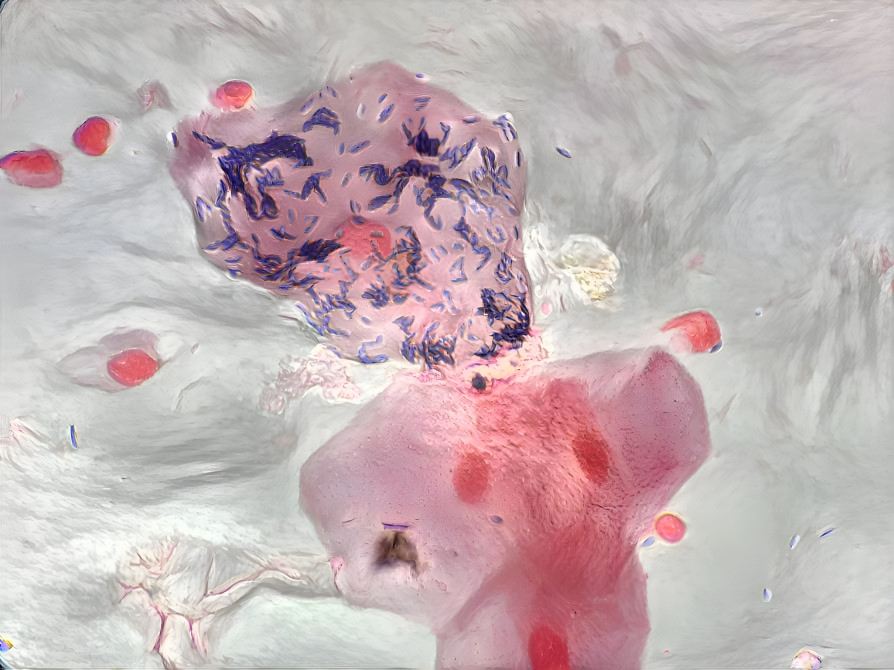Research
The goal of our lab is to understand how failures in microbe-microbe or host-microbe communication lead to disease in humans. To do this, our main tool is high-throughput DNA sequencing, to profile microbes from different body parts, including viruses and fungi. This approach is always complemented with extensive questionnaires on the background and health state of participants. Other biological measures, such as serum metabolites, help separate local from systemic effects. We try to always work closely with clinical collaborators, to decrease the distance between basic and applied science.
One of our main focuses is pregnancy and neonatal outcomes. The microbiome is partly transmitted from mother to offspring and has large impacts on the initial programming of the neonates’ immune system. Unlike genetics, the microbiome is a modifiable risk factor, which can be optimized. The maternal microbiome has also been associated to pregnancy outcomes, including pre-term birth, which is the main risk factor for infant mortality and morbidity worldwide.
Outside of pregnancy, the human female microbiome is also an interesting study object. From an ecological perspective, the vaginal microbiome is a semi-open environment, being subjected both to external pressures such as intercourse and to cyclic changes related to the menstrual cycle. This makes it an interesting model system for microbial time-series analysis and tool development. At the same time, understanding what factors contribute to a healthy and stable vaginal microbiome may be a path towards decreasing the burden of recurring urogenital infections such as candidiasis, bacterial vaginosis and urinary tract infections.
Ongoing Projects
BASIC

The Biology, Affect, Stress, Imaging and Cognition (BASIC) is a population-based prospective study conducted by the Women’s Clinic, the Academic Hospital and the Department of Women’s and Children’s Health at Uppsala University.
The aim of the study is to follow women’s experience during and after pregnancy, and to try to explain why some women do not feel well during pregnancy or after giving birth. The purpose of this is to be able to offer effective and timely help to women who feel unwell.
All women who are booked during routine pregnancy for routine ultrasound at the Academic Hospital are offered to participate in the study. The study consists of different parts. Every woman who participates chooses which parts she wants to participate in. You can participate in how many or how few parts at all. The study began in September 2009 and has so far recruited over 6,000 women.
Our group aimed at interpreting the influence from perinatal depression symptom on gut microbiota with questionnaire data and whole-genome shotgun metagenomics data from the BASIC participants.
This project is tightly collaborated with Akademiska sjukhuset as well as CTMR at Karolinska Institutet.
